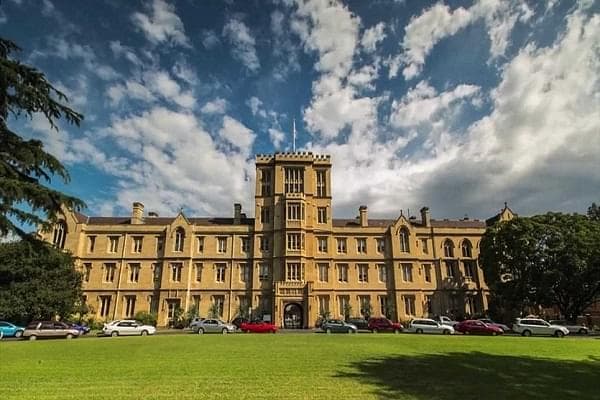Sample subjects
Arts for Health and Wellbeing
This subject will provide an overview of various theories within the arts for health continuum of practice: including arts in healthcare, community arts and health and the arts therapies. It will introduce students to contemporary practices and debates in the field from around the globe, as seen from a creative arts therapies perspective. Lecture topics will canvas health and wellbeing frameworks that are prominent in various contexts. Distinctions and similarities between drama, dance, music and art and how they might facilitate health and wellbeing needs will be highlighted and explained with reference to a continuum of practice.
Creative Arts Therapies Practice 1
This subject will provide students with a placement opportunity for extended observation of and participation in a creative arts therapies program as practiced by a qualified professional. Students will learn to integrate relevant psychological and behavioural theory into a particular practice context in response to the needs of people in that context. They will learn how to consider ethical issues and practice ethically, with particular reference to standards of practice. They will also develop an understanding of multidisciplinary and interdisciplinary teams and be able to understand their own role in different professional contexts. Additionally, students will develop self-awareness about their own reactions to the people and systemic barriers and enablers encountered in that context. They will receive feedback on their professional attitudes and capacities as demonstrated in context.
Dance Movement Therapy Methods 1
This subject introduces students to dance as a therapeutic modality, and the function of dance as a healing art throughout human history. Students will appraise the development of dance movement therapy into a contemporary evidence-based profession and its application internationally. Theories that underpin the practice of dance movement therapy will be analysed and critiqued, particularly the function of improvised movement as a therapeutic tool. Experiential learning will be a priority, with students engaged in movement experiences that are enhanced by reflection, group discussion and focussed reading.
Drama Therapy Methods 1
Drama Therapy Methods 1 introduces students to creativity and play-based methods and theories that underpin all of drama therapy. Through experiential learning and classroom practice students will identify core facilitation skills necessary to run a session or series of drama therapy sessions. Further, they will be introduced to meta processes of change, as well as core underlying therapeutic processes of change in drama therapy. In addition, students will receive classroom practice in facilitating these methods.
